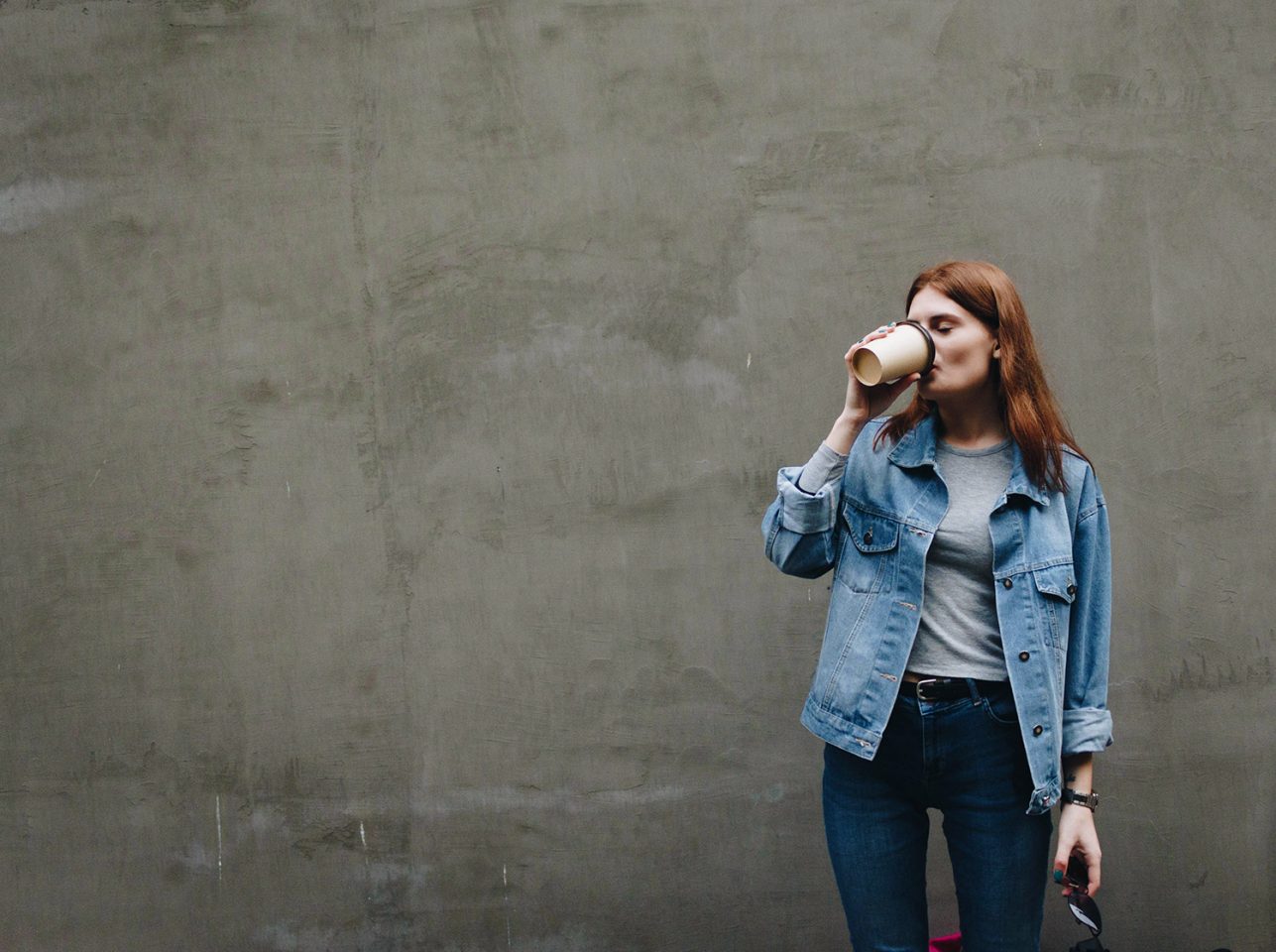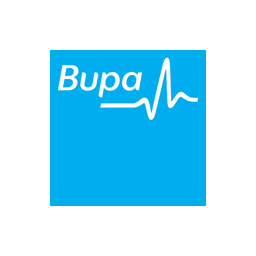Coffee anyone?
With over 22,000 coffee shops and more than 70 million cups of coffee drunk in the UK every day, our passion for caffeinated drinks shows no sign of easing up. For many people, the caffeine ‘buzz’ is an essential part of daily life. So what’s so special about caffeine and how does it affect our health?
What is caffeine?
Caffeine is a naturally occurring substance found in the seeds, nuts or leaves from a range of plants native to Africa, Eastern Asia and South America. Centuries ago, people recognised that caffeine (or methylxanthine) has psychoactive properties that alter brain function and create changes in mood or perception. Today, the source of caffeine we are most familiar with is the seed of the Coffea plant, the coffee bean. Every day, millions of us enjoy our cappuccinos and flat-whites and the global coffee industry is worth over $100 billion annually.
How do we consume caffeine?
We all know that caffeine is present in coffee and tea, although the amount varies depending on the type and strength of drink. Even so-called decaffeinated teas and coffees are not completely caffeine-free and contain traces. Caffeine can also be found as an ingredient in many colas and energy drinks and in lower concentrations in chocolate, coffee or chocolate flavoured foods and some medications.
Is caffeine good for you?
Yes and no. Caffeine definitely has a stimulant effect on most people, easing tiredness and improving reaction-time and alertness. Some research also associates it with boosting muscle strength and performance in sports like running and cycling. The amount of caffeine needed to create these effects varies according to factors such as body size and tolerance. We each have our own sensitivities, so a dose consumed by one person could result in entirely different symptoms in another. A few medical conditions are treated with caffeine and there is inconclusive research that links caffeine consumption with improved outcomes in Alzheimer’s disease, type 2 diabetes, liver cirrhosis, depression, mountain sickness and Parkinson’s disease.
Is caffeine bad for you?
Pregnant women should avoid high levels of caffeine as these can cause their babies to have a low birth weight, or even result in miscarriage. Caffeinated drinks are also unsuitable for toddlers and very young children. For the general population, strong doses of caffeine are sometimes associated with higher blood pressure, heightened anxiety, insomnia and increased urinary output which could result in dehydration. These conditions are usually brought on by the habitual consumption of strong caffeinated drinks, although some people develop an increased tolerance to caffeine and its effects over time.
Is caffeine addictive?
Although medical practitioners might question use of the word ‘addictive’, it’s true that some people develop a high dependency on caffeine. Many of us experience caffeine dependency as an early morning craving for the first coffee ‘hit’ of the day. Dependency is characterised by two symptoms: tolerance and withdrawal. People who consume a minimum of 100mg of caffeine per day (that’s the equivalent of a single 60ml espresso) quickly become desensitised to its stimulatory effects. Dependency may also trigger unpleasant withdrawal symptoms when caffeine intake stops, such as headaches, muscle pain, nausea and irritability.
How much caffeine am I consuming?
| Caffeine (mg/litre) | (Typical serving mg) | |
|---|---|---|
| Percolated coffee (207ml cup) | 386-652 | 80-135 |
| Espresso coffee (44-60ml cup) | 1691-2254 | 100 |
| Tea black/green (207ml cup) | 124-418 | 22-74 |
| Decaf coffee (207ml cup) | 24-72 | 5-15 |
| Coca Cola (355ml) | 96 | 34 |
| Pepsi Max (355ml) | 194 | 69 |
| Red Bull (250ml) | 320 | 80 |
| Milk chocolate (100g) | – | 18 |
| Plain chocolate (100g) | – | 70 |
How much caffeine should I consume?
Everyone reacts slightly differently to caffeine so there are no exact guidelines for how much we should ingest. Some people who consume high doses every day (typically 750 to 1200mg) develop a tolerance to many of caffeine’s side-effects whereas moderate users with intakes as low as 100mg (equivalent to a single cup of instant coffee) experience symptoms such as sleep-loss and restlessness.The NHS recommends pregnant women should have no more than 200mg a day and that caffeine should be avoided altogether by small children. Of course, as with any stimulant, extreme usage can bring on a host of unpleasant side effects. Very high caffeine intake can lead to caffeine intoxication, but this is usually triggered by regular daily consumption of 1000-1500mg. For most of us, consuming caffeine sensibly as part of a well-balanced diet poses no health risks.
What about decaf?
As we know, decaf coffee is far from being 100% caffeine-free. A typical 207ml cup of decaf includes 5-15mg of caffeine, much less than the 80-135mg found in a similar sized cup of regular percolated coffee. These lower doses make decaffeinated coffee and tea good alternatives for people sensitive to caffeine, especially pregnant or breast-feeding women, children, adolescents and those experiencing sleeplessness or anxiety. Also, decaf coffee is thought to lead to fewer cases of heartburn and acid reflux. However, reduced caffeine intake does deprive decaf drinkers of benefits such as improved mental functioning and alertness.
August 8, 2018








